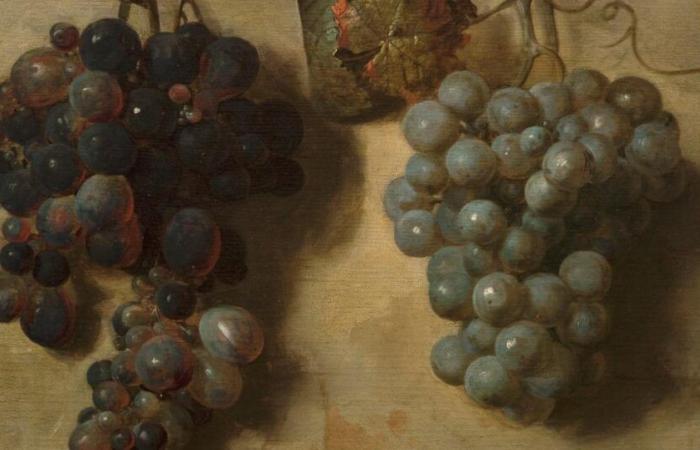CRITIQUE – The exhibition offers a history of the genre in 80 works. Playful and strange.
The anecdote is famous. She wants young Giotto to have one day painted a fly on the nose of a figure made by his elder Cimabue. So true that the master tried several times to chase the insect out of his work. This illusion is that of the “musca depicta” or “painted fly”, a gimmick taken up by all painters who wanted to be virtuosos, that is to say capable of imitating nature to perfection.
At the Parisian Marmottan Monet museum, where the new director of collections, Sylvie Carlier, has mounted an exhibition of 80 paintings and sculptures summarizing the history of trompe l’oeil in the West, we can spot this “musca depicta” in numerous works. From that of a Füssli father (1706-1782) to Dish with 533 flies by the ceramist Pierre Ducordeau (1928-2018) through this false bas-relief in patched false plaster by the somewhat conjurer painter Jean Valette-Penot (1710-1777). So many amusing surprises that deceive us with…
This article is reserved for subscribers. You have 80% left to discover.
Black Friday
-70% on digital subscription
Already subscribed? Log in






